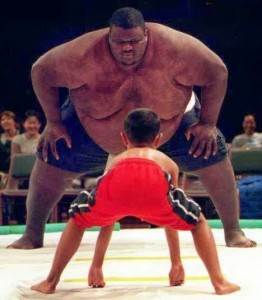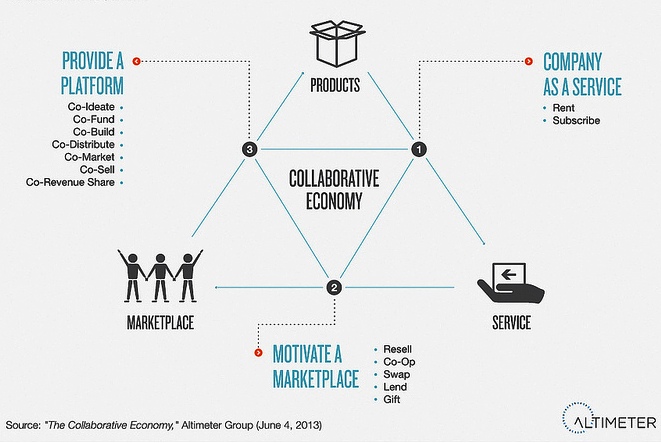The good old days of double digit economic growth and abundant choice jobs are over.
We are now entering an unusual stage in the global economy characterised by slow growth and painful economic restructuring.
The good old days of double digit economic growth and abundant choice jobs are over.
We are now entering an unusual stage in the global economy characterised by slow growth and painful economic restructuring.

All eyes will be on Neymar tonight (courtesy of Happy Holidays 2014)
Tonight (or tomorrow afternoon), soccer fans around the world will be eagerly catching two monumental World Cup 2014 quarter final matches: France vs Germany and Brazil vs Colombia. While many would catch it on TV, I bet that their fingers will be actively updating their Facebook pages, Twitter and Google+ accounts while watching the “beautiful game”.
Indeed, sports and social media is a match made in heaven. The instantaneous, intimate and interactive nature of social and mobile technologies make them perfect platforms to fuel our sporting desires.

Courtesy of Chorus + Echo
I just read an interesting HBR blog post by Hemant Taneja on The Economies of Unscale. In the post, Taneja claimed that the advent of global manufacturing, trade, and the Internet have created a new playing field for small businesses.
Quoting from the post:

Courtesy of The Altimeter Group
Imagine if your customers stopped buying your products and services. Instead, they choose to rent, loan or hire, trade products and services with each other, or choose to go to the “crowd” for their needs.
According to Jeremiah Owyang and his colleagues at The Altimeter Group, such a future may not be very far off.
With a population of 1.3 billion sprawled over a gargantuan 9.6 million sq km, the People’s Republic of China is widely known as the factory of the world. The middle kingdom’s dominance of global economic and socio-political affairs is impressive, with many regarding them as the “factory of the world”. Its ability to mobilise epic resources to achieve ambitious goals are also much-lauded.
However, what is the average Chinese person really like? What elements constitute the building blocks of China’s society – the very essence of being Chinese?